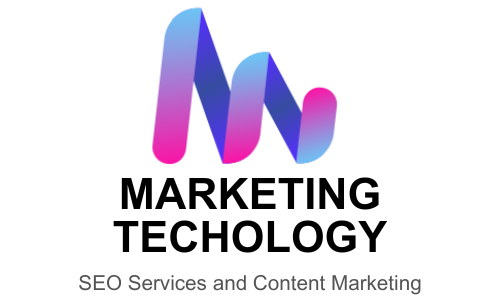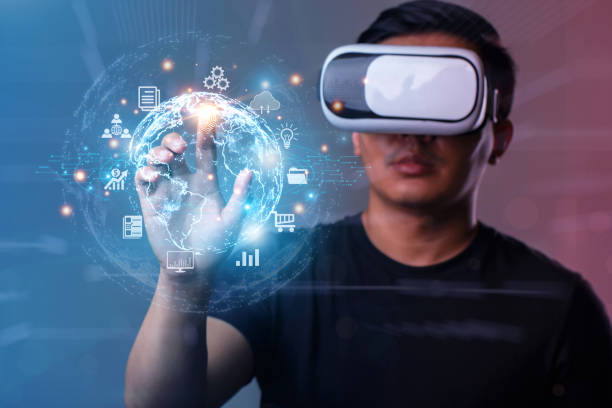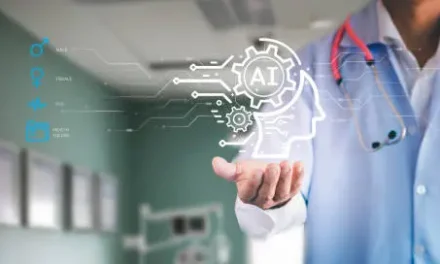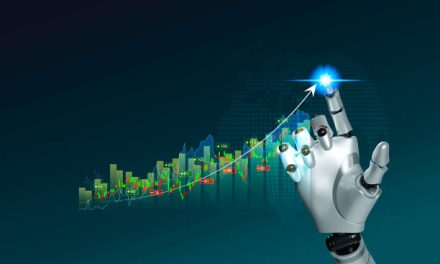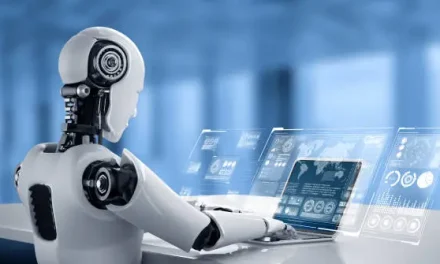Artificial Intelligence (AI) is no longer a futuristic concept but a present-day reality influencing nearly every aspect of our lives. From smart devices in our homes to sophisticated business processes, AI’s role in society is growing at an unprecedented rate. This rapid integration is shaping industries, improving efficiency, and changing how we interact with technology and each other.
In this article, we will explore how artificial intelligence is transforming the world, delving into its evolution, applications, ethical concerns, and the future it promises.
The Evolution of AI
The concept of Artificial Intelligence dates back to the mid-20th century when researchers began to develop machines capable of “thinking” like humans. The invention of early computers in the 1950s paved the way for the first AI programs. Progress was slow until the 2000s when advancements in computing power, data storage, and algorithms led to a breakthrough in machine learning and neural networks.
Today, AI has evolved into a sophisticated technology capable of performing complex tasks such as image recognition, language processing, and autonomous decision-making. The growth of AI has been fueled by Big Data, cloud computing, and innovations in hardware like GPUs and TPUs. As AI systems continue to learn and improve, their applications expand exponentially, showing us how artificial intelligence is transforming the world in ways previously unimaginable.
The Impact of AI on Everyday Life
AI is deeply embedded in our daily lives, often in ways we may not even realize. Some key areas where AI affects everyday activities include:
- Smart Assistants: Devices like Amazon’s Alexa, Apple’s Siri, and Google Assistant help us perform tasks like setting reminders, playing music, and controlling smart home devices.
- Personalized Recommendations: AI algorithms on platforms like Netflix, Spotify, and YouTube analyze user behavior to suggest personalized content.
- Online Shopping: E-commerce giants use AI to predict user preferences, manage inventory, and offer customer service through chatbots.
- Navigation and Transportation: Apps like Google Maps and ride-sharing platforms like Uber rely on AI to provide real-time traffic updates, optimal routes, and accurate arrival times.
These examples highlight how artificial intelligence is transforming the world by making daily tasks more efficient, personalized, and accessible.
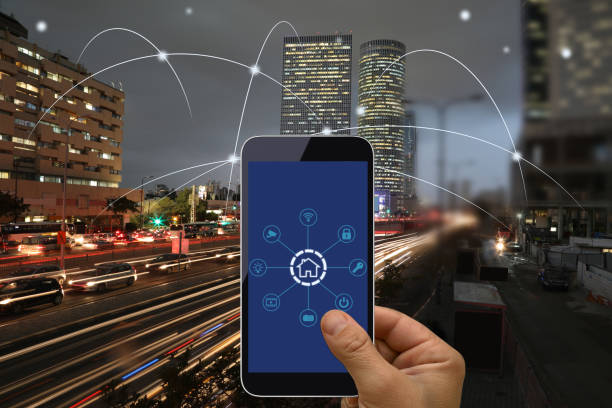
AI in Healthcare: Revolutionizing Diagnosis and Treatment
One of the most promising areas for AI’s impact is healthcare. AI-driven technologies are revolutionizing the way medical professionals diagnose and treat diseases. Some significant applications include:
- Medical Imaging: AI can analyze X-rays, MRIs, and CT scans with remarkable accuracy, often detecting conditions like cancer earlier than human radiologists.
- Personalized Medicine: AI helps develop treatment plans tailored to individual patients based on their genetic data and medical history.
- Drug Discovery: Pharmaceutical companies use AI to speed up the process of discovering new drugs, significantly reducing the time and cost of development.
- Virtual Health Assistants: Chatbots and virtual assistants can provide basic medical advice, answer health-related questions, and help schedule appointments.
These innovations demonstrate how artificial intelligence is transforming the world of healthcare, improving patient outcomes and making medical services more accessible.

Transforming Industries: AI’s Role in Business and Manufacturing
AI is playing a critical role in reshaping industries, particularly business and manufacturing. Some of the key transformations include:
- Automation: AI-driven robots are automating repetitive tasks in factories, increasing efficiency and reducing human error.
- Predictive Analytics: Businesses use AI to analyze data and predict trends, helping them make informed decisions and optimize operations.
- Customer Service: AI chatbots handle customer inquiries 24/7, improving customer satisfaction and reducing response times.
- Quality Control: AI systems can detect product defects in real-time, ensuring higher quality standards in manufacturing.
By enhancing productivity and innovation, AI shows how artificial intelligence is transforming the world of business and manufacturing.
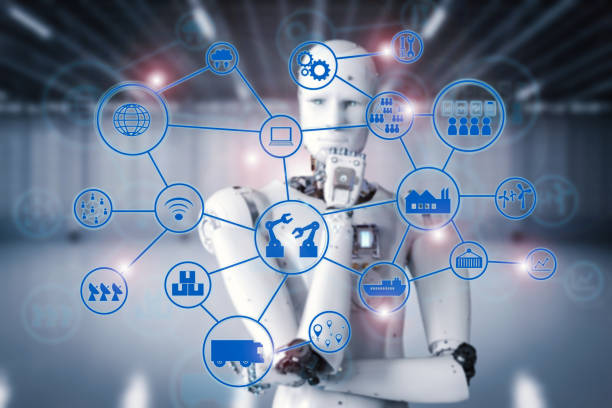
Ethical Challenges and Concerns in AI Development
As AI continues to advance, it raises significant ethical challenges and concerns. Some of the key issues include:
- Bias in AI: AI algorithms can perpetuate biases present in their training data, leading to unfair outcomes in areas like hiring, law enforcement, and lending.
- Privacy Issues: AI-driven data collection raises concerns about privacy and the potential misuse of personal information.
- Job Displacement: Automation powered by AI threatens to replace many jobs, particularly in manufacturing and customer service.
- Accountability: Determining responsibility when AI systems fail or cause harm remains a significant challenge.
Addressing these ethical concerns is essential to ensure that AI development benefits society as a whole and continues to show how artificial intelligence is transforming the world responsibly.
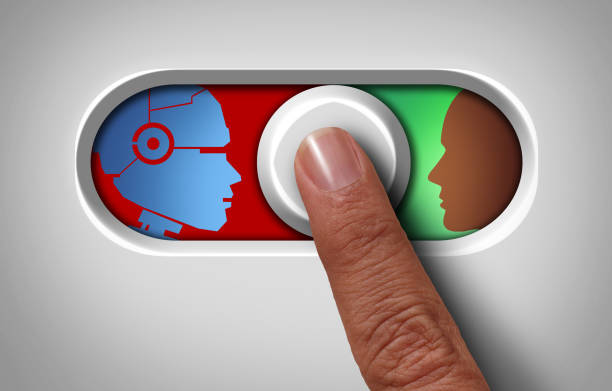
How AI Will Impact the Future: Opportunities and Potential Risks
The future of AI is filled with both opportunities and risks. Some potential opportunities include:
- Improved Efficiency: AI will continue to optimize processes in various industries, saving time and resources.
- Advances in Science: AI could accelerate discoveries in fields like medicine, climate science, and space exploration.
- Enhanced Education: AI-powered tools can offer personalized learning experiences, making education more accessible and effective.
However, there are also risks to consider:
- Security Threats: AI could be used to develop sophisticated cyberattacks and deepfake technologies.
- Loss of Privacy: Increased surveillance and data collection may infringe on personal privacy.
- Inequality: The benefits of AI may not be evenly distributed, exacerbating social and economic inequalities.
Conclusion
Understanding these opportunities and risks helps us prepare for a future where AI continues to demonstrate how artificial intelligence is transforming the world.
Artificial Intelligence is undeniably transforming the world. Its impact on daily life, healthcare, industries, and the future promises both incredible opportunities and significant challenges. As AI continues to evolve, responsible development and ethical considerations are essential to ensure that these advancements benefit everyone.
If you’re looking to stay ahead in the digital landscape, Marketing Technology offers expert SEO services and content marketing solutions to help your business thrive in an AI-driven world.
Frequently Asked Questions:
1. How is AI used in everyday life?
AI is used in applications like virtual assistants, personalized recommendations, navigation systems, and customer service chatbots.
2. What are some ethical concerns surrounding AI?
Ethical concerns include bias in AI systems, privacy issues, job displacement, and accountability for AI-driven decisions.
3. How can businesses benefit from AI?
Businesses can use AI for automation, predictive analytics, customer service improvements, and quality control to enhance efficiency and productivity.
